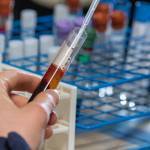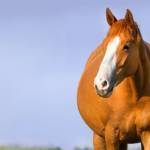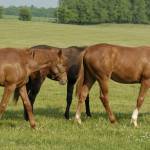Health
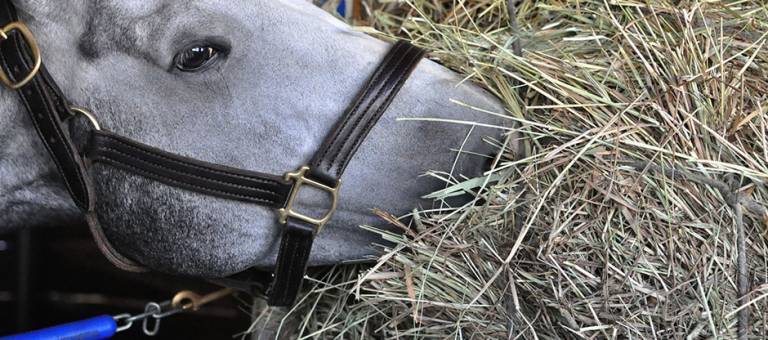
April 20, 2011
Anti-inflammatory Substance Found in Horse Saliva
Researchers from the University of Calgary and the University of Alberta have discovered that a peptide derived from protein
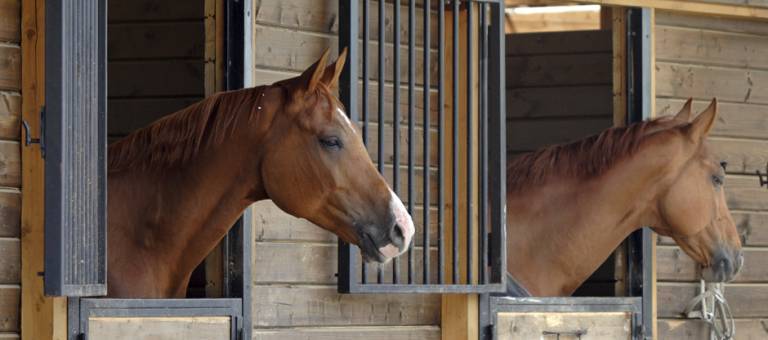
April 19, 2011
Risk Factors for Colic In Horses
Several survey-based studies have been performed to better determine what roles diet and dietary changes play in the
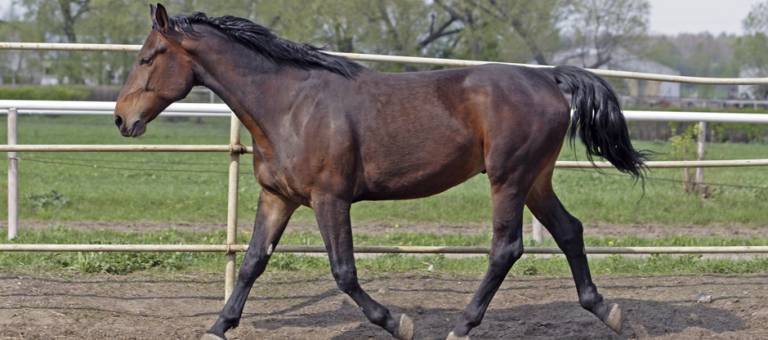
April 18, 2011
How Lame Is Lame?
While some cases of lameness are fairly easy to diagnose and treat, others are difficult because the signs are
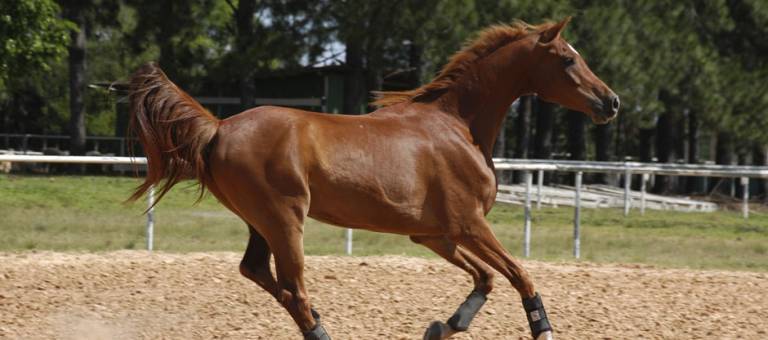
April 14, 2011
Stem Cells May Aid Cartilage Repair in Horses
In a study at Colorado State University, researchers used the proven technique of punching small holes in the bone
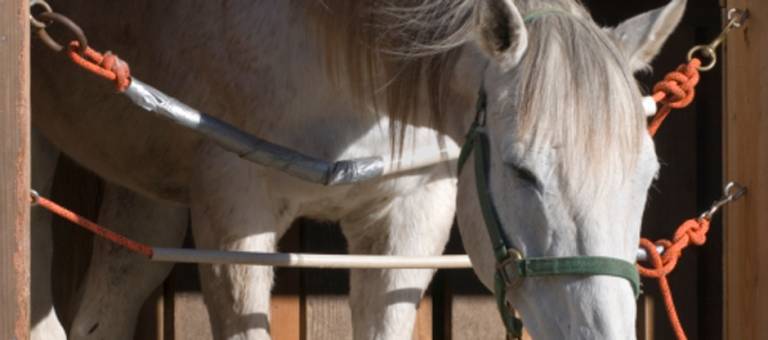
April 13, 2011
Feeding Horses with Neurologic Disease
The main goals of feeding horses with neurologic disease are to supplement vitamin E and ensure that horses continue
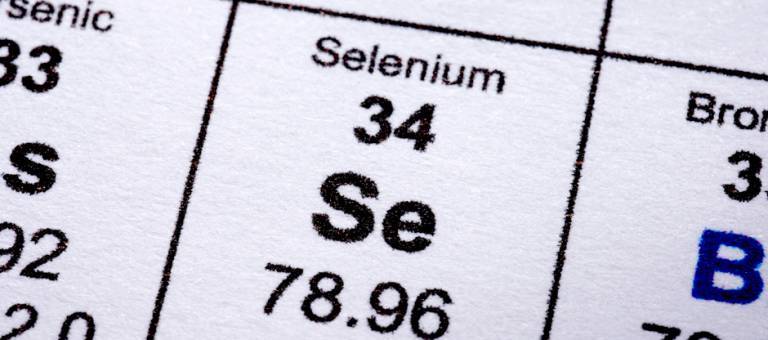
April 13, 2011
Trace Minerals Important for Horses During Recuperation from Injury
The most important trace minerals in the equine diet are iron, manganese, selenium, iodine, chromium, copper, and zinc. Although
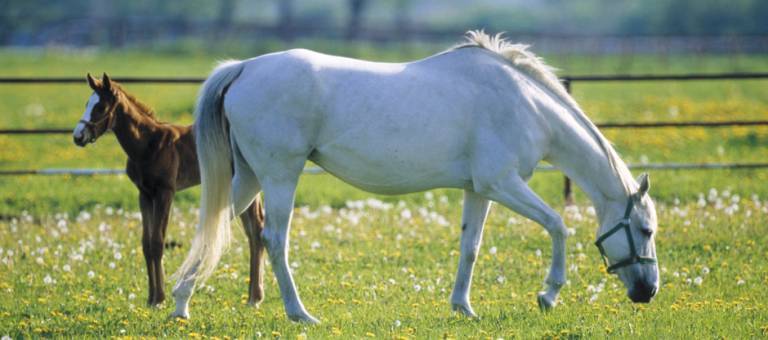
April 12, 2011
Returning Broodmares to Riding
Putting a mare back into work is somewhat more complicated if she begins training while she is still nursing

April 11, 2011
Osteochondritis Dissecans Genetic Factors Probed
Osteochondritis dissecans is a developmental orthopedic disease characterized by flaps, tears, and detached fragments in joint cartilage. The exact
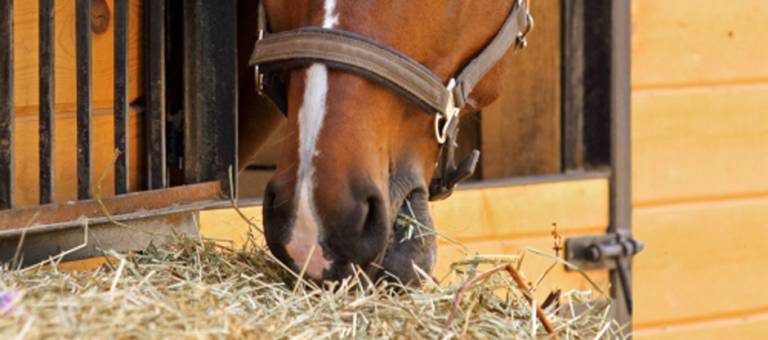
April 07, 2011
Temporomandibular Joint Irritation in Horses
TMJ irritation is being blamed for lameness, weight loss, head tossing, resistance, and a host of other problems.

April 05, 2011
Macromineral Considerations for Horses Recovering from Injuries
Calcium, phosphorus, and magnesium are critical minerals involved in bone health, and it is logical that repair of bone




